今天优秀啦小编整理了春节的传统活动有哪些英语写相关信息,希望在这方面能够更好帮助到大家。


春节的传统活动有哪些英语写
春节的传统活动有哪些英语写。春节是我们国家非常盛大的一个节日,春节的传统活动是非常多的,不少人好奇用英语该如何表达春节的传统活动。下面分享春节的传统活动有哪些英语写。
1、touch off the firecracker 放鞭炮 例句:Many people would touch off firecrackers at New Year.许多中国人在新年时放鞭炮
2、post new years scrolls 贴春联 例句:We will put up posters on their doors and walls.我们将在门上和墙上贴春联。
3、New Years Money for Children 给孩子 压岁钱 例句:Adult usually give lucky money to children during Spring Festival.大人通不需要长靴常在春节期间给孩子们压岁钱。
4、Eat dumplings 吃饺子 例句: We eat jiaozi and baozi sometimes. 我们有时也吃饺子和包子。
5、Eat new years Eve dinner 吃年夜饭 例句: We will eat new years Eve dinner together. 我们将一起吃年夜饭 。
6、clean up the room 收拾屋子 例句: Ill do your shopping, clean up the house, and cook your dinner for you. 我会帮你*东西,收拾屋子,替你做晚饭。
7、Pay New Year call 拜年 例句:Ill pay a New Year call to my uncle today. 今天我要去叔叔家拜年。
8、stay up late or all night on New Years Eve 守岁迎新年 例句:We must stay up to see the new year in. 我们得守岁迎接新年。
9、Remove old 除旧 例句:Since Chuxi in Chinese means removing the old, most of the activities during New Years Eve centers on removing the old and evil and pray for the best. 因为除夕在中文里的意思是除旧,所以大部分除夕夜里的习俗也是和除去旧恶、祈求幸福相关
10、Family reunion 亲人团聚 例句:Spring Festival is a family reunion holiday, the children left home to returned to their parents at home. 春节是个亲人团聚的节日,离家的孩子要不远千里回到父母家里。
扩展资料
春节是中国民间最隆重、最热闹的节日,由 上古时代 岁首祈年祭祀演变而来。新春贺岁围绕祭祝祈年为中心,以除旧布新、迎禧接福、拜神祭祖、祈求丰年等活动形式展开,喜庆气氛浓郁,内容丰富多彩,凝聚着 中华文明 的传统文化精华。
春节习俗 的英语作文精选篇一
The Spring Festival is the most important festival in China.People usually decorate the doors and windows with red papercuts.becouse red means good luck.People usually clean house too.becouse they want to sweep away bad luck.Children can get some new clothes or presents from their parents and grandparents.On New Years Eve,family always have a big dinner.Everybody are watch TV and talk.In the midnight,there usually fairworks.On New Years Day,people usually put on their new clothes and visit their femily and friends.They usually say Happy New Years Day. The Spring Festival finishes at the Lantern Festival after two weeks.People usually eat a kind of rice dumpling called yuanxiao.It can take people good luck all the year round.
翻译:
春节是中国最重要的节日。人们通常用红色的剪纸装饰门和窗户。因为红色意味着好运。人们通常打扫房子。因为他们想要扫除坏运气。孩子们可以*些新衣服或礼物来自父母和祖父母。在新年前夕,家人总是有一大堆的晚餐。每个人都是看电视和聊天。在午夜,人们通常fairworks。在元旦,人们通常穿上他们的新衣服和访问他们femily和朋友。他们通常说新年快乐。春节结束在两 周后 的元宵节。人们通常吃一种叫元宵的粽子。它可以把人们一年四季好运。
春节习俗的英语作文精选篇二
The spring Festival is coming soon! The festivel is considereded the most important one for Chinese people. It is on the first day of lunar year. It is also the day of reunion among family members. During these days, people would say "happy new year! or wish you make fortune! to each other. They would also visit their relatives and friends. Children would be given "red packets". Children would have more to eat and play than usual.Playing firecrackers is also a popular game for children.
翻译:
春节快到了,这个节日被认为是中国人民最重要的一个。它是在农历年的第一天。也是家人团聚的日子。在这些日子里,人们会说“新年快乐!还是祝你好运!彼此。他们也会拜访他们的亲戚和朋友。孩子们将获得“红色packets"。孩子会比平时更多的吃和玩。儿童玩鞭炮也是一个受欢迎的游戏。
传统节日春节由来
一、春节是农历正月初一,又叫阴历年,俗称“过年”
这是我国民间最隆重、最热闹的一个传统节日。春节的历史很悠久,它起源于 殷商时期 年头岁尾的祭神祭祖活动。按照我国农历,正月初一古称 元日 、元辰、元正、元朔、元旦等,俗称年初一,到了民国时期,改用公历,公历的一月一日称为元旦,把农历的一月一日叫春节。
二、春节的由来
春节和年的`概念,最初的含意来自农业,古时人们把谷的生长周期称为“年”,《说文·禾部》:“年,谷熟也”。在夏商时代产生了 夏历 ,以月亮圆缺的周期为月,一年划分为十二个月,每月以不见月亮的那天为朔,正月朔日的子时称为岁首,即一年的开始,也叫年,年的名称是从 周朝 开始的,至了西汉才正式固定下来,一直延续到今天。但古时的正月初一被称为“元旦”,直到中国近代 辛亥革命 胜利后, 南京临时* 为了顺应农时和便于统计,规定在民间使用夏历,在*机关、厂矿、学校和团体中实行公历,以公历的元月一日为元旦,农历的正月初一称春节。
1949年9月27日, 新中国成立 ,在中国人民政治协商会议第一届全体会议上,通过了使用世界上通用的公历纪元,把公历的元月一日定为元旦,俗称阳历年;农历正月初一通常都在立春前后,因而把农历正月初一定为“春节”,俗称阴历年。
传统意义上的春节是指从腊月初八的腊祭或 腊月二十三 的祭灶,一直到正月十五,其中以除夕和正月初一为*。在春节这一传统节日期间,我国的汉族和大多数 少数民族 都有要举行各种庆祝活动,这些活动大多以祭祀神佛、祭奠祖先、除旧布新、迎禧接福、祈求丰年为主要内容。活动形式丰富多彩,带有浓郁的民族特色。

The Spring Festival is a traditional Chinese festival and also the most important one of the whole year. Through the evolvement of thousands of years, a series of customs are spreading far and wide.
春节是中国的 传统节日 ,也是一年中最重要的节日。经过数千年的演变,一系列的 春节习俗 正在向四面八方传承。
1、Sweeping the Dust 扫尘
“Dust” is homophonic with "chen”in Chinese,which means old and past. In this way, "sweeping the dust” before the Spring Festival means a thorough cleaning of houses to sweep away bad luck in the past year. This custom shows a good wish of putting away old things to welcome a new life.
In a word, just before the Spring Festival comes, every household will give a thorough cleaning to bid farewell to the old year and usher in the new.
“尘”与汉语中的“陈”同音,意思是旧的和过去的。所以春节前的“扫尘”,就是要彻底打扫房屋,扫除过去一年的霉运。这种习俗显示了一种良好的愿望,即把旧东西收起来,迎接新的生活。总而言之,就在春节到来之前,每家每户都要彻底打扫,告别旧年,迎来新的一年。
2、Pasting Spring Couplets 贴 春联
“The Spring Couplet”, also called "couplet” and "a pair of antithetical phrases”, is a special form of literature in China. The Spring Couplet is composed of two antithetical sentences on both sides of the door and a horizontal scroll bearing an inscription,usually an auspicious phrase,above the gate.
The sentence pasting on the right side of the door is called the first line of the couplet and the one on the left the second line. On the eve of the Spring Festival,every household will paste on doors a spring couplet written on red paper to give a happy and prosperous atmosphere of the Festival.
In the past,the Chinese usually wrote their own spring couplet with a brush or asked others to do for them, while nowadays, it is common for people to buy the printed spring couplet in the market.
“春联”,又称“对联”、“一对对立的短语”,这是 中国文学 的一种特殊形式。春联是由两边门上的两个对句和一个水平的书卷组成的,书卷上有铭文,通常是一个吉祥的短语。贴在门的右边的句子叫做对联的第一行和左边的第二行。在春节前夕,每户人家都要在门上贴用红色纸张写的春联,营造节日的欢腾气氛。在过去,中国人通常用毛笔写他们自己的春联,或者请别人代他们写,而现在,人们在市场上*印刷的春联是很常见的。
3、 Staying Up Late on New Year‘s Eve 守岁
The tradition of staying up late to see New Year in originated from an interesting folk tale. In ancient China there lived a monster named Year,who was very ferocious. Year always went out from its burrow on New Year’s Eve to devour people. Therefore, on every New Year’s Eve,every household would have supper together.
After dinner,no one dared go to sleep and all the family members would sit together,chatting and emboldening each other. Gradually the habit of staying up late on New Year’s Eve is formed. Thus in China, "celebrating the Spring Festival” is also called "passing over the year (guo nian)”。 However,now there are less and less people in cities who will stay up late to see New Year in.
熬夜等待新年的传统起源于一个有趣的民间故事。在 古代中国 住着一只名叫“年”的怪物,它非常凶猛。新年前夕,新年总是从洞穴里出来,吞噬着人们。因此,每逢除夕,每户人家都要一起吃晚饭。晚饭后,没人敢睡觉,全家人坐在一起聊天,相互壮胆。新年前夕熬夜的习惯逐渐形成。因此,在中国,“春节”也被称为“一年过”。然而,现在城市里越来越少的人会熬夜看新年。

1、除夕:New Year's Eve
除夕,为岁末的最后一天夜晚。岁末的最后一天称为“岁除”,意为旧岁至此而除,另换新岁。除,即去除之意;夕,指夜晚。“除夕”是岁除之夜的意思,又称大年夜、除夕夜、除夜等,时值年尾的最后一个晚上。
2、春节:the Spring Festival
春节,即农历新年,是一年之岁首,亦为传统意义上的“ 年节 ”。俗称新春、新岁、新年、新禧、年禧、大年等,口头上又称度岁、庆岁、过年、过大年。春节历史悠久,由上古时代岁首祈年祭祀演变而来。
3、元宵节:the Lantern Festival
元宵节,又称 上元节 、小正月、元夕或灯节,为每年农历正月十五日,是中国的 传统节日 之一。正月是农历的元月,古人称“夜”为“宵”,正月十五日是一年中第一个月圆之夜,所以称正月十五为“元宵节”。
4、 春龙节 (龙抬头):Dragon-head-raising-Festival
龙抬头(农历二月二),又称春耕节、农事节、 青龙节 、春龙节等,是中国民间传统节日。“龙”是指 二十八宿 中的东方苍龙七宿星象,每到仲春卯月之初,“龙角星”就从东方地平线上升起,故称“龙抬头”。
5、 寒食节 :Cold Food Festival
寒食节:在夏历冬至后105日,清明节前一二日。是日初为节时,禁烟火,只吃冷食。并在后世的发展中逐渐增加了祭扫、踏青、秋千、蹴鞠、牵勾、斗鸡等风俗,寒食节前后绵延两千余年,曾被称为中国民间第一大祭日。
以上,就是优秀啦小编给大家带来的春节的传统活动有哪些英语写全部内容,希望对大家有所帮助!

山东聊城莘县特产 莘县吴朝波啥情况
时间:2024年02月16日
石柱土家族有什么风俗?
时间:2024年02月14日
大年三十包饺子的讲究是什么?
时间:2024年02月13日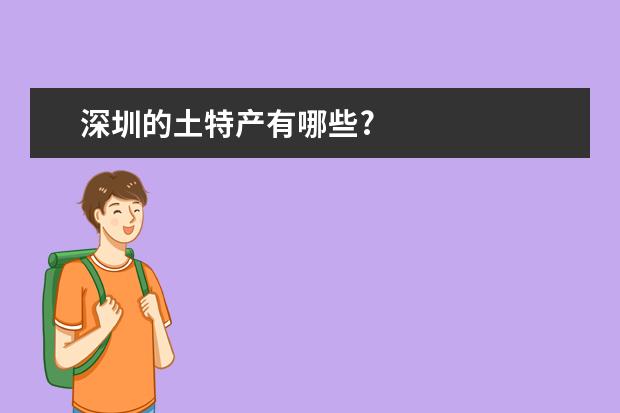
深圳的土特产有哪些?
时间:2024年02月12日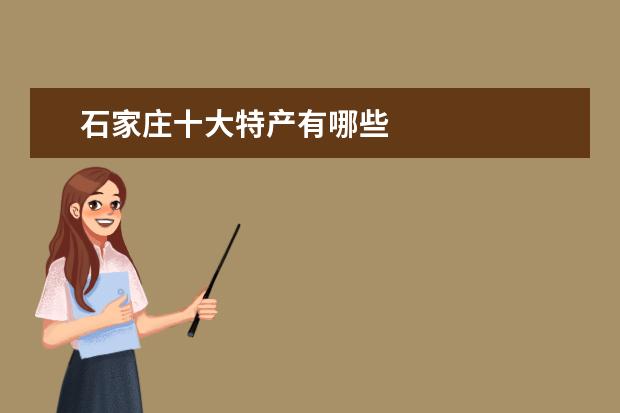
石家庄十大特产有哪些
时间:2024年02月12日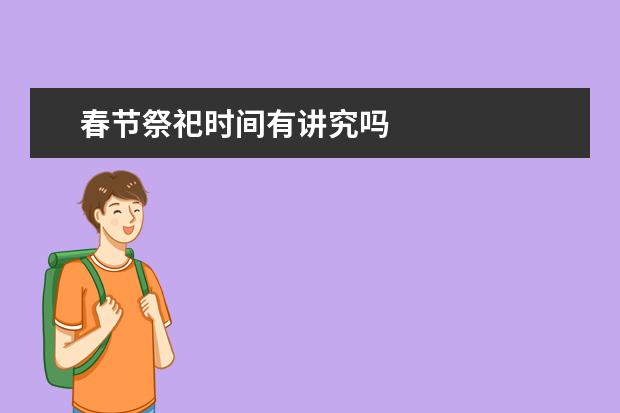
春节祭祀时间有讲究吗
时间:2024年03月15日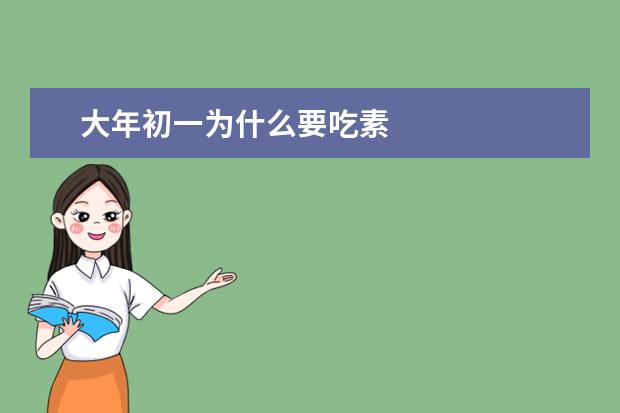
大年初一为什么要吃素
时间:2024年03月15日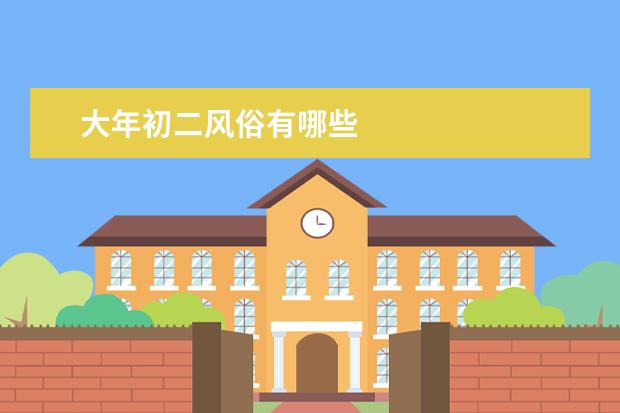
大年初二风俗有哪些
时间:2024年03月15日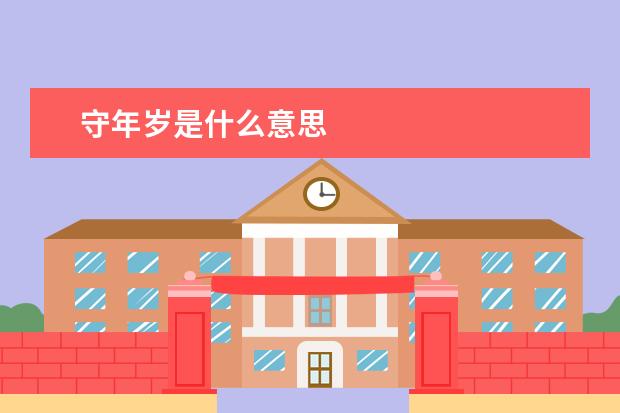
守年岁是什么意思
时间:2024年03月15日
怎么样过年会更有“年味儿”?
时间:2024年03月15日优秀啦 淄博机智熊网络科技有限公司版权所有 All right reserved. 版权所有
警告:未经本网授权不得转载、摘编或利用其它方式使用上述作品